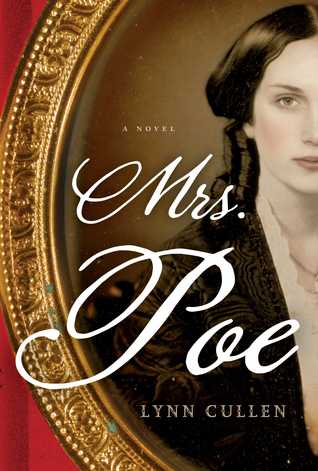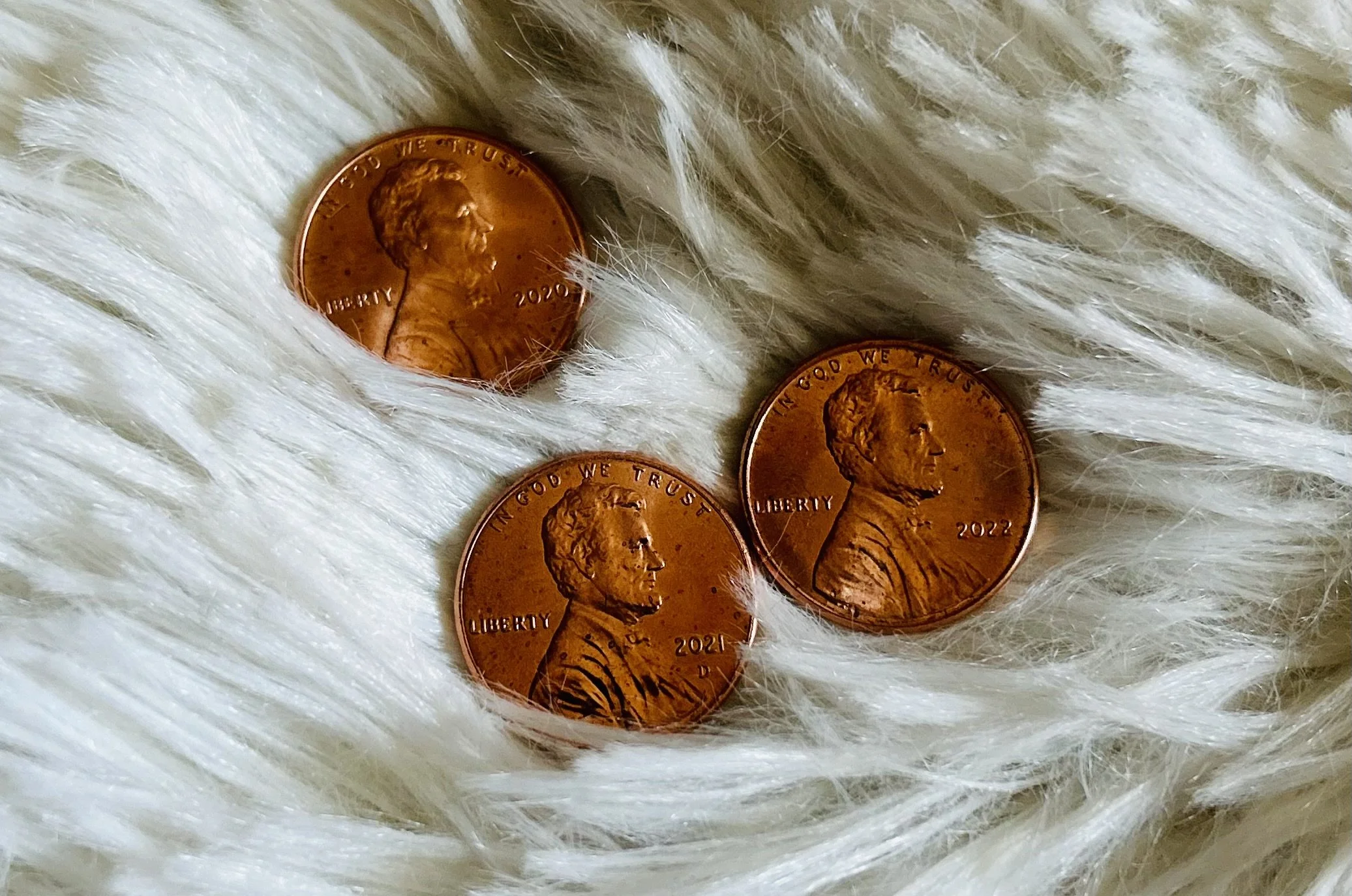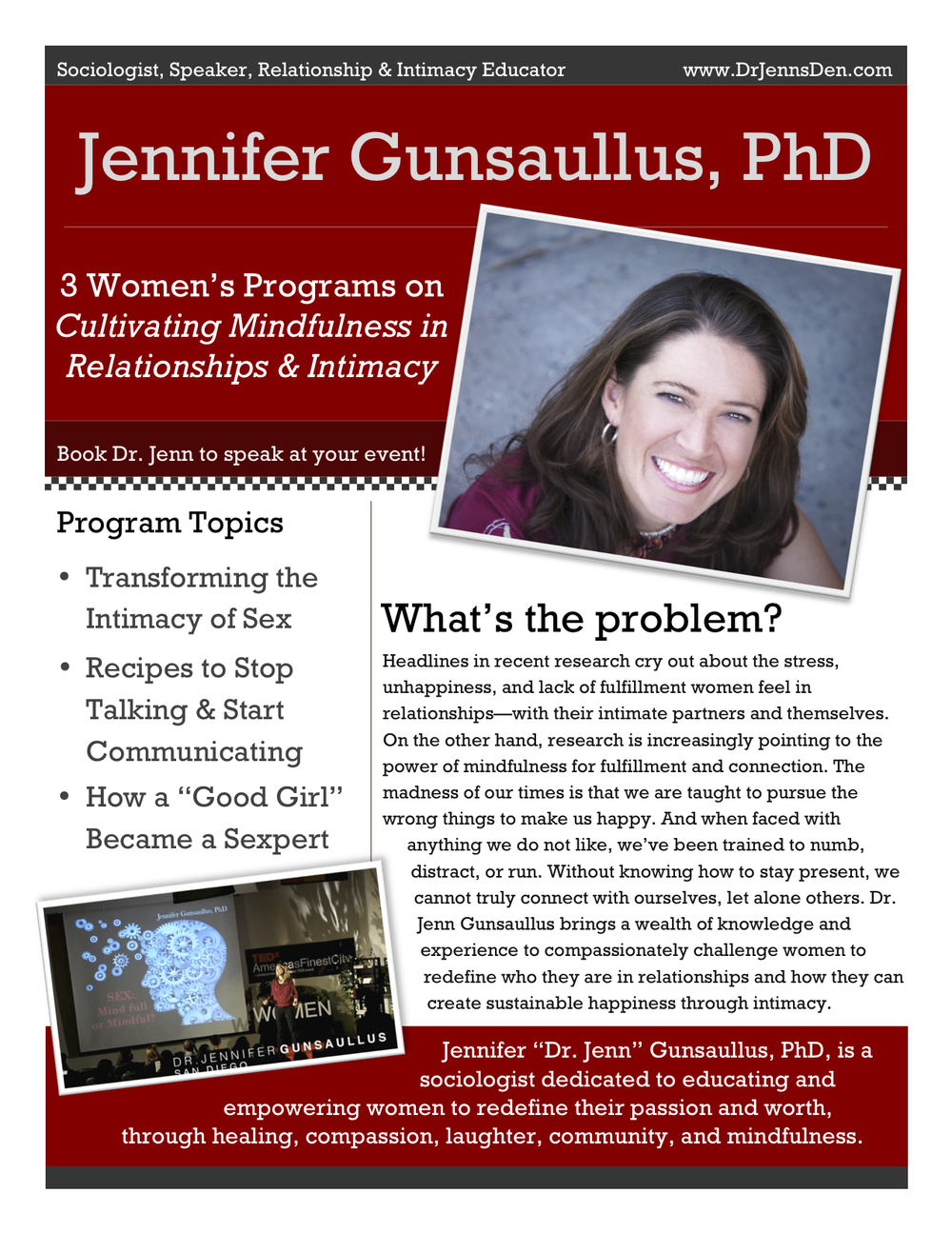Do you know that feeling when you’re talking to someone new and they understand something deep and complicated about you that others don’t easily understand? Or you’re talking about something abstract that you don’t know how to explain clearly, and yet you know they just get you? Perhaps you’re chatting with someone at a party and after a short time you’re joking to others that this is your new BFF. To quickly feel like a new person knows you can feel deep, important, and special. I think it eliminates the boundaries between us and another human. We’re not alone because it’s like they’re unexpectedly in our head with us.
 The allure of feeling known has been on my mind this week since reading the novel “Mrs. Poe” by Lynn Cullen. It’s historical fiction based in New York City in the mid-1840s, about Edgar Allen Poe, his dying young wife, and another poet, Frances Osgood, with whom he had an alleged affair. Poe was drawn to Mrs. Osgood (who was married to a philandering, absent artist) because of his respect for her poetry. This led to conversations in which he felt understood in the complexity of his existence and worldview in ways his wife didn’t and others couldn’t. For example:
The allure of feeling known has been on my mind this week since reading the novel “Mrs. Poe” by Lynn Cullen. It’s historical fiction based in New York City in the mid-1840s, about Edgar Allen Poe, his dying young wife, and another poet, Frances Osgood, with whom he had an alleged affair. Poe was drawn to Mrs. Osgood (who was married to a philandering, absent artist) because of his respect for her poetry. This led to conversations in which he felt understood in the complexity of his existence and worldview in ways his wife didn’t and others couldn’t. For example:
He caressed me with a grateful gaze. “How well you understand me. I cannot say I have ever felt this from another person—I knew it the minute I met you. Thank you.”
Poe believed that their professional relationship, friendship, and eventual sexual relationship were meant to be, because their connection was unique and special.
He looked down at me. “You and I, we need no devices or codes to communicate over distance. You feel it, don’t you?”
I rested my cheek against his arm, storing up his scent and the feel of his shoulders as I gathered the strength to part from him. “Yes.”
His chest rose against my back. “I can be at work on a story, or walking to my office, or just brushing my coat, and I can feel your longing for me. If you ever need me, just bend your thoughts toward me, and, Frances, I shall come.”
For a tortured soul like Poe, haunted by his insecurities, loneliness, and obsession with death, I think this was deeply reassuring. Just like we all have our demons in one way or another, Poe was no longer alone in the world with his demons.
 This book resonated with me because one way I feel known is through intellectually stimulating conversations. I’m drawn to people with whom I can hash out intellectual, philosophical, and emotional topics, in a respectful manner, building off the knowledge and insights of each other. It’s about the challenge of the discussion—challenging myself to think broader and more creatively, and challenging the other person with my additions. It’s building on each other’s worldviews, and considering the meaning and practical applications of our insights. It’s also play and fun. Feeling in sync with another human, like our minds are working as one, feels like someone deeply gets me. These are peak experiences.
This book resonated with me because one way I feel known is through intellectually stimulating conversations. I’m drawn to people with whom I can hash out intellectual, philosophical, and emotional topics, in a respectful manner, building off the knowledge and insights of each other. It’s about the challenge of the discussion—challenging myself to think broader and more creatively, and challenging the other person with my additions. It’s building on each other’s worldviews, and considering the meaning and practical applications of our insights. It’s also play and fun. Feeling in sync with another human, like our minds are working as one, feels like someone deeply gets me. These are peak experiences.
What’s the opposite of feeling known? Feeling lonely, isolated, disregarded, dismissed, misunderstood, shut down, or silenced. These feel bad. For me, the former two feel sad, and the latter five feel powerless. I’m curious to hear about in what contexts others feel known? Certainly sexual intimacy is a realm ripe for such connection, but as I’ve explored here, there are many ways this can happen. How do you most feel known and understood?
~Dr. Jenn Gunsaullus, San Diego -- Sexologist, Sociologist, Sexuality Speaker














































